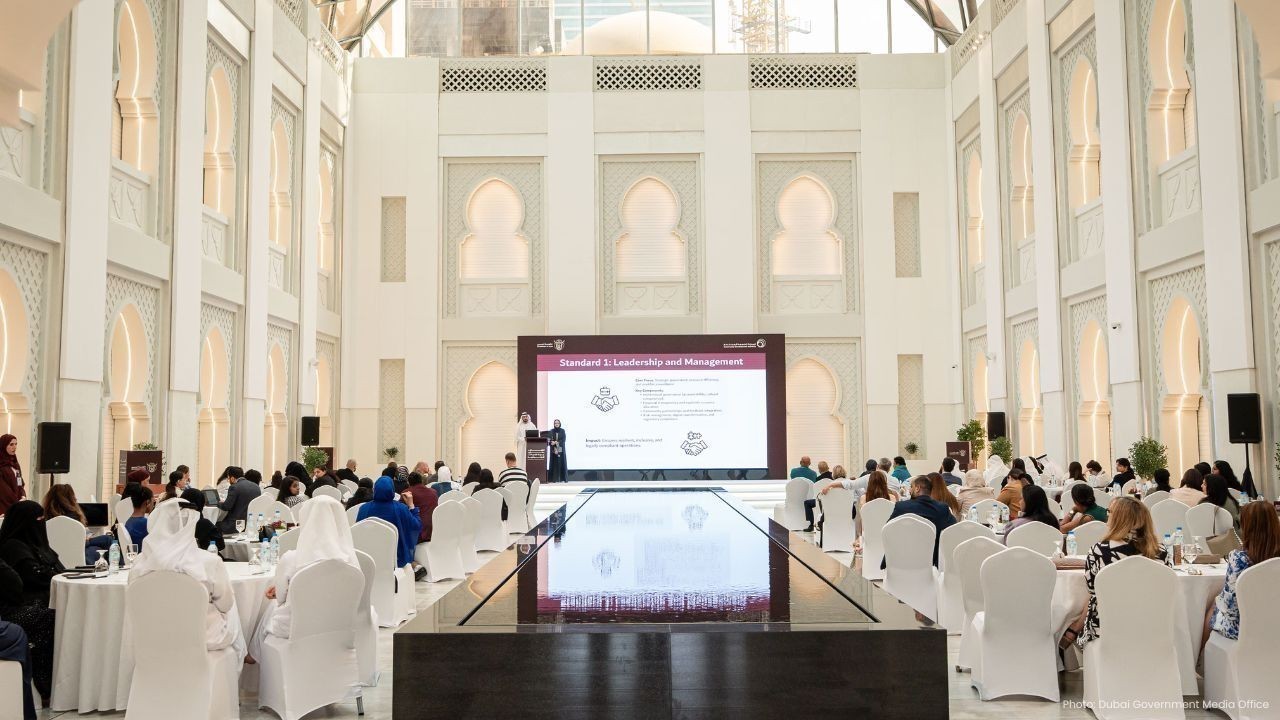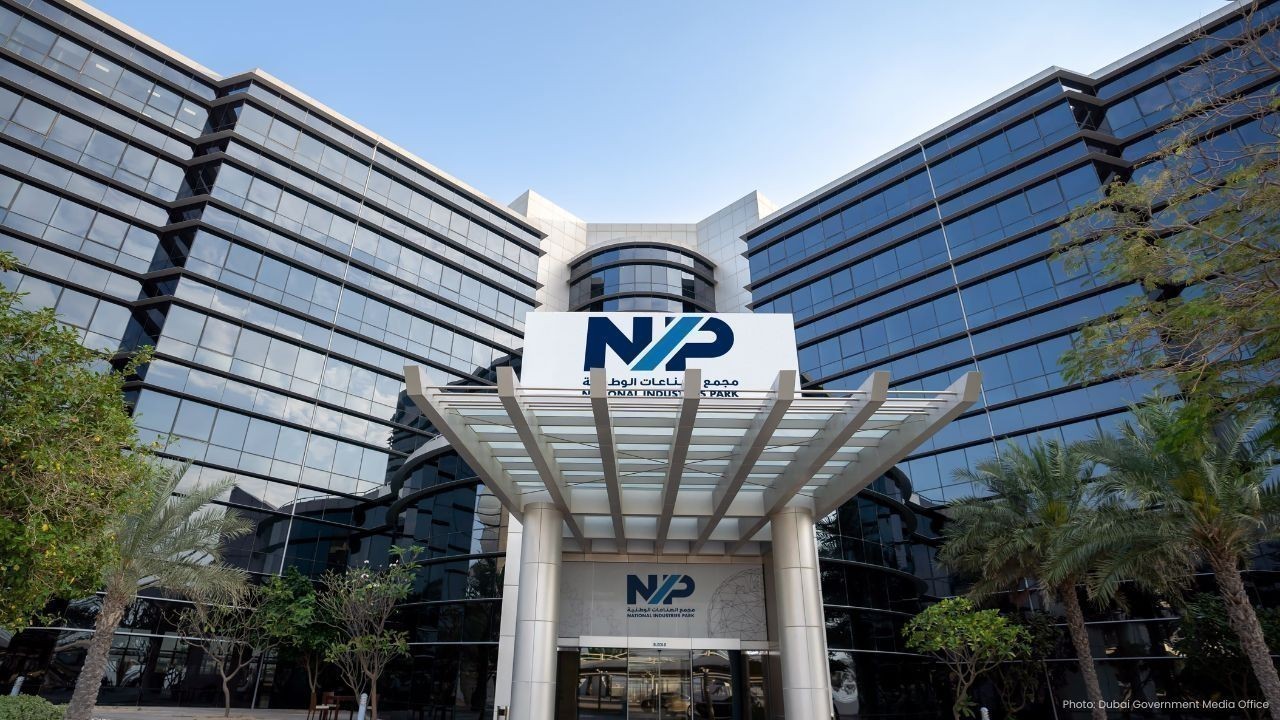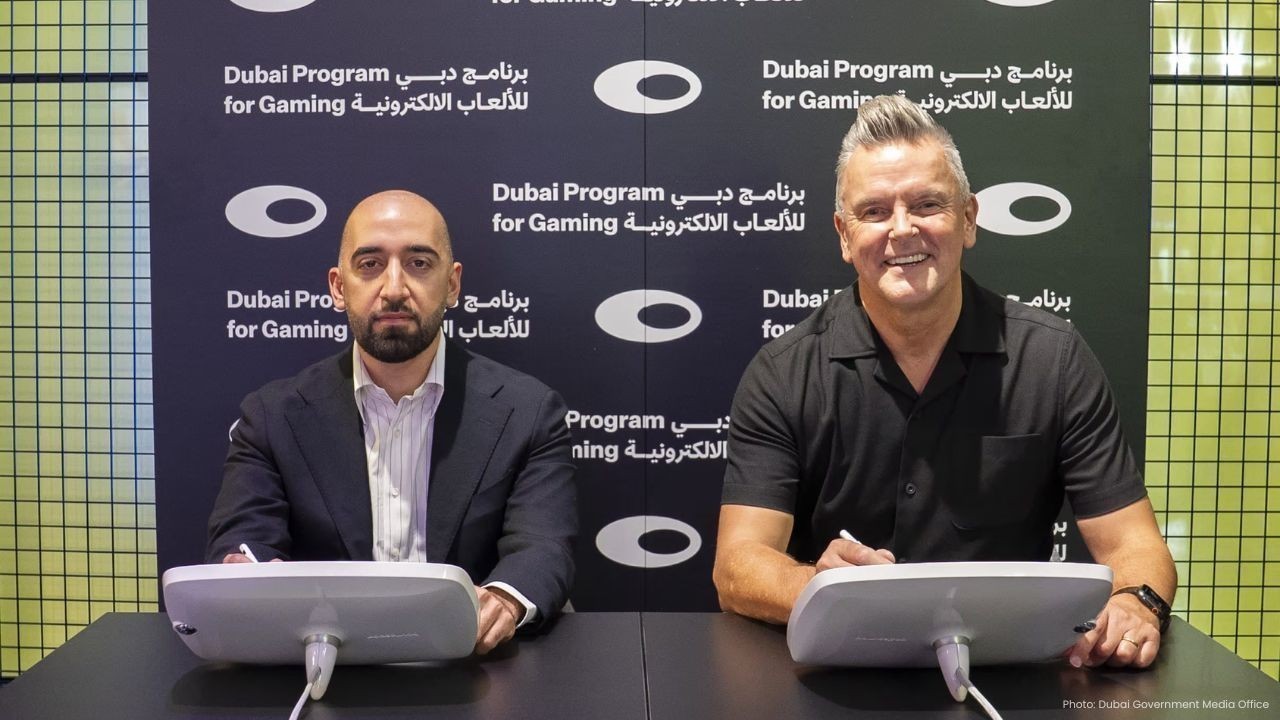
Post by : Anish
In recent years, India’s higher education system has been thrust into the spotlight—not for academic achievements, but for controversies surrounding censorship, political interference, and growing restrictions on free thought. Campuses that were once lively spaces of debate and dissent now find themselves under increasing scrutiny. Professors are hesitant to voice criticism, students are discouraged from political engagement, and the very notion of open inquiry is being challenged. This slow-burning crisis is no longer just about universities; it reflects a broader malaise affecting the country's democratic ideals and global academic reputation.
Political interference in Indian universities is not new, but its intensity has sharply increased over the past decade. From changes in university curriculums to the appointment of heads aligned with political ideologies, the influence of state machinery in academic decision-making is now deeply entrenched. Students’ unions are often co-opted by larger political groups, and campus elections resemble national political battlegrounds. While universities should be centers of independent learning and critical thinking, they’re increasingly turning into extensions of state agendas.
This political overreach isn’t limited to administration—it affects the content being taught. Topics considered “sensitive” or “anti-national” are either watered down or removed entirely. Several courses in humanities and social sciences have been restructured to reflect particular historical or cultural narratives while omitting others. This selective presentation distorts young minds, depriving them of exposure to diverse perspectives and critical analysis.
One of the most alarming developments has been the silencing of dissent among professors. Scholars who express views that differ from the mainstream political narrative face disciplinary action, loss of funding, or even job termination. Many eminent academics have resigned or moved abroad, citing the growing lack of freedom and space for honest research and teaching. In some instances, university management has demanded social media monitoring of faculty, further curbing their freedom of expression even outside campus walls.
Faculty members now operate in a culture of self-censorship, choosing silence over intellectual risk. This undermines not only academic integrity but also the mentorship students desperately need. Without honest dialogue and debate, classrooms become mechanical, void of inquiry or innovation.
Student activism has long been the heart of Indian university life, from the freedom movement to anti-corruption protests. Today, that spirit faces growing suppression. Protests are being labeled as “anti-national,” and students participating in peaceful demonstrations have been arrested under stringent laws. This trend not only stifles democratic engagement but instills fear in a generation that should be encouraged to think critically and speak freely.
University campuses have seen an increase in surveillance, with police presence becoming normalized. In extreme cases, institutions have suspended or expelled students for organizing talks, screenings, or discussions perceived as politically sensitive. The result is a deeply demoralized student body that feels increasingly powerless and disengaged.
India aspires to be a knowledge economy and global innovation hub. Yet, the stifling of academic freedom directly contradicts this vision. Free inquiry is essential for groundbreaking research—without the liberty to ask difficult questions or challenge existing paradigms, research stagnates.
Scholars working on controversial or politically sensitive topics find it difficult to access grants, publish papers, or collaborate with international peers. The global academic community has taken note, and several top institutions and journals now hesitate to engage with Indian academia due to concerns over censorship and autonomy. This isolation only serves to widen the knowledge gap and deprives Indian students and researchers of global exposure.
While India boasts of having some of the largest higher education institutions by enrollment, it lags behind in global university rankings. One major criterion in these rankings is academic freedom—a domain where India has seen steady decline. Rankings aside, the situation is prompting an increasing number of students and academics to leave the country in search of better environments abroad.
The loss of talent—commonly referred to as brain drain—has long been a challenge for India. But now, the reasons extend beyond better job prospects or infrastructure. For many, the decision to leave stems from a desire to work in an atmosphere where ideas can flourish without fear.
Another issue plaguing Indian universities is the centralization of power. Administrative decisions—ranging from curriculum changes to faculty appointments—are often influenced or dictated by government authorities. This undermines the institutional autonomy that is crucial for a university to function effectively.
The University Grants Commission (UGC), which once acted as a regulatory body, now finds itself often issuing politically motivated guidelines. Changes are made with little or no consultation with academic communities. This has led to confusion, inefficiency, and resentment among educators who feel that their voices are not being heard in decisions that affect them directly.
Public discourse plays a significant role in how educational issues are perceived. Unfortunately, sections of the media have often painted universities as hotbeds of sedition or anti-national sentiment. This narrative justifies crackdowns on student protests and portrays academic dissent as betrayal rather than engagement.
Such portrayals shift the focus from real issues—like inadequate funding, infrastructural decay, and outdated syllabi—to imaginary battles of patriotism. Public sympathy, crucial in safeguarding academic freedoms, is thus eroded.
Some argue that private universities offer a haven for academic expression. While it’s true that a few elite institutions enjoy relatively greater freedom, this freedom is often constrained by commercial interests. Faculty may enjoy more autonomy, but their research must still align with donor preferences or avoid politically controversial topics.
Moreover, access to these institutions is restricted to a privileged few, often out of reach for students from marginalized communities or rural backgrounds. Therefore, they cannot be viewed as a comprehensive solution to the wider crisis.
Reversing this crisis requires more than policy tweaks. There needs to be a collective recognition—by educators, students, policymakers, and civil society—that academic freedom is non-negotiable in a democracy. Universities must be protected as independent spaces where ideas, even unpopular ones, can be debated, tested, and refined.
Restoring autonomy means decentralizing decision-making and empowering university senates and academic bodies. It also involves creating strong safeguards for faculty and students against political or ideological persecution. International academic partnerships, increased research funding, and freedom of thought must be encouraged if India wants to build globally competitive institutions.
Academic freedom is not a luxury; it’s the foundation of a thinking, questioning, and evolving society. Its erosion impacts not just universities but the broader democratic and cultural health of a nation. If India is to fulfill its aspirations of becoming a global intellectual powerhouse, then it must begin by freeing its minds at home.
This article is an independent editorial analysis intended for informational and educational purposes. It does not reflect the official position of any academic or government institution. The content is written in good faith to provoke thought and constructive discussion around academic freedom and higher education in India.

Dubai Launches Updated Social Services Standard 2.0
Dubai updates its Social Services Quality Standard 2.0 to improve care, protect rights, and support

Dubai’s NIP Secures AED 1B Projects, Boosting Industrial Growth
National Industries Park leases 7M+ sq ft, attracts top investors, creates jobs, and strengthens Dub

Expert Predictions The Next Big Fitness Trends Shaping 2025 Workouts
Experts reveal future fitness trends including AI workouts hybrid training mental wellness and eco

Dubai Future Foundation Partners with XSOLLA to Boost Gaming
Dubai Future Foundation joins XSOLLA under Gaming 2033 program to grow Dubai’s gaming sector, attrac

Taylor Townsend Apologizes for Comments on Chinese Cuisine
American tennis player Taylor Townsend apologizes after criticism for remarks on traditional Chinese

India’s Rana Group Builds $10B Smart Manufacturing Hub in RAK
Rana Group starts $10B Erisha Smart Manufacturing Hub in Ras Al Khaimah. 150 industries, 4,000 jobs,

Celebrity Style Spotlight Top Trends Inspirations & Fashion Secrets
Meta Description Discover celebrity fashion trends red carpet looks casual style tips and sustai

The Mind Gut Connection How Your Diet Shapes Your Mood and Mental Health
Discover how your diet affects mental health mood and stress Learn tips to keep your gut and mind

Dubai s 2025 Property Outlook Key Trends Prices and Investment Opportunities
Discover Dubai s 2025 property trends price changes rental yields and investment opportunities in

Like Trees Let Us Live to Give A Lesson in Purposeful Living
Discover life lessons from trees on giving purpose and serving others in every season inspiring a

From Street Style to High Fashion How Modest Fashion is Evolving in the UAE
Explore how modest fashion in the UAE evolved from traditional wear to stylish street and high fashi

Spotlight on Emerging Emirati Designers Shaping Dubai s Global Fashion Scene
Discover how emerging Emirati designers blend tradition modernity and sustainability to redefine D

Mastering Power Dressing Your Complete Guide to Dubai s Business Style
Learn how to master power dressing in Dubai s business world with tips on colors fit accessories

The Rise of Sustainable Fashion in the UAE Eco Friendly Trends Shaping 2025
Explore how sustainable fashion is transforming the UAE with eco friendly trends innovative designs

The Hottest Fashion Trends of 2025 Bold Colors Sustainable Styles & Dubai Street Fashion
Explore 2025 fashion trends in Dubai bold colors sustainable styles oversized outfits vintage lo